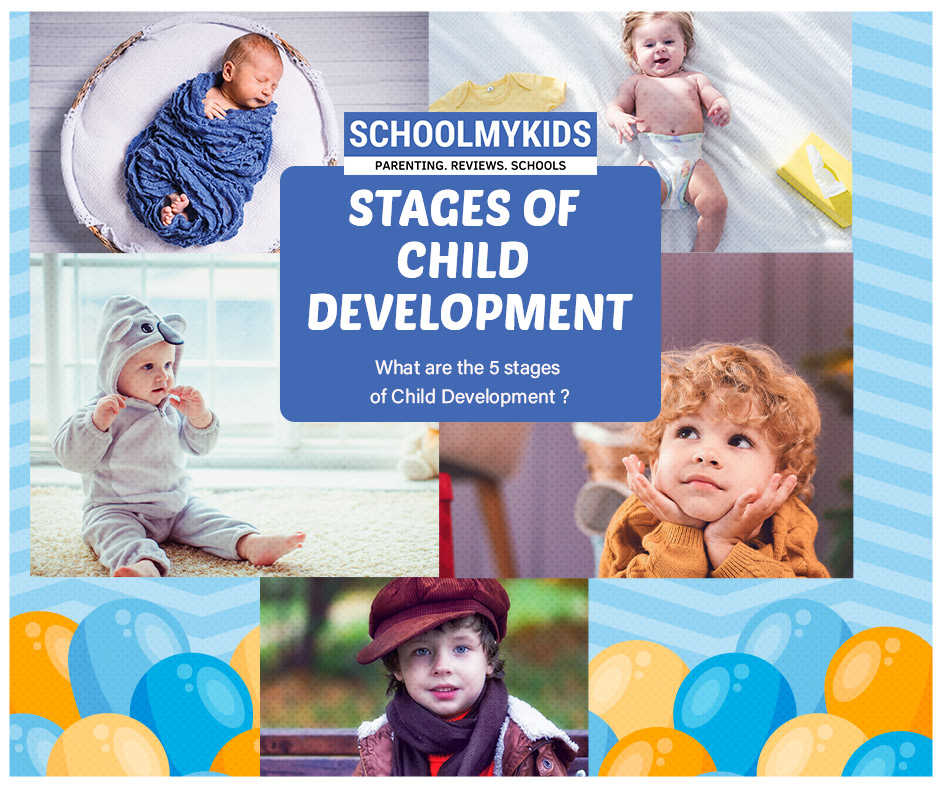Child development refers to the growth and progress that a child experiences in various aspects of their lives. This includes physical, cognitive, emotional, and social development. It is a continuous process that starts from birth and continues throughout childhood and adolescence.

Table of Contents
Physical Development
Physical development refers to the growth and changes in a child’s body size, shape, and abilities. This includes gross motor skills, such as crawling, walking, and running, as well as fine motor skills, such as grasping objects and using utensils. Physical development is also linked to a child’s overall health and wellbeing.

Cognitive Development
Cognitive development refers to the growth and changes in a child’s thinking, language, and problem-solving abilities. This includes the ability to learn, reason, and remember. Cognitive development is influenced by both nature and nurture, and can be enhanced through experiences and interactions with the environment.
/child-development-theories-2795068-01-de70d302f2f94e60b00e57c59bd5984f.png?w=640&ssl=1)
Emotional Development
Emotional development refers to the growth and changes in a child’s ability to express and regulate their emotions. This includes the ability to understand and respond to the emotions of others, as well as the development of empathy, self-esteem, and resilience. Emotional development is influenced by both biology and the environment.

Social Development
Social development refers to the growth and changes in a child’s ability to interact with others and form relationships. This includes the development of social skills, such as sharing, taking turns, and cooperating, as well as the formation of friendships and the development of a sense of identity. Social development is influenced by both the family and the wider social environment.

Factors Affecting Child Development
Child development is influenced by a variety of factors, including genetics, environment, nutrition, and experiences. Genetics play a role in determining a child’s physical characteristics, temperament, and potential for intellectual development. The environment also plays a crucial role, with experiences and interactions shaping cognitive, emotional, and social development.

Stages of Child Development
Child development can be divided into different stages, each with its own unique characteristics and milestones. These stages include infancy (0-2 years), early childhood (3-5 years), middle childhood (6-11 years), and adolescence (12-18 years). The nature and pace of development varies between children, but there are common patterns and milestones that can be observed.

Importance of Early Childhood Development
Early childhood development is a critical period for cognitive, emotional, and social development. It is during this period that the foundations for future learning, relationships, and wellbeing are laid. Early childhood experiences can have a lasting impact on a child’s development, with positive experiences supporting healthy development and negative experiences potentially causing harm.

How to Support Child Development
There are many ways that parents, caregivers, and educators can support a child’s development. This includes providing a safe and nurturing environment, engaging in positive interactions and play, encouraging exploration and curiosity, and providing appropriate challenges and opportunities for learning and growth. It is also important to seek support and guidance when needed, such as from healthcare professionals, educators, or community resources.

Conclusion
Child development is a complex and multifaceted process that involves physical, cognitive, emotional, and social changes. It is influenced by a variety of factors, including genetics, environment, nutrition, and experiences. Understanding child development can help parents, caregivers, and educators provide the support and guidance needed to promote healthy development and wellbeing.
Frequently Asked Questions
What is the meaning of child development?
Child development refers to the growth and progress that a child experiences in various aspects of their lives. This includes physical, cognitive, emotional, and social development.
What are the stages of child development?
Child development can be divided into different stages, each with its own unique characteristics and milestones. These stages include infancy (0-2 years), early childhood (3-5 years), middle childhood (6-11 years), and adolescence (12-18 years).
What factors affect child development?
Child development is influenced by a variety of factors, including genetics, environment, nutrition, and experiences.
What is the importance of early childhood development?
Early childhood development is a critical period for cognitive, emotional, and social development. It is during this period that the foundations for future learning, relationships, and wellbeing are laid.
How can I support my child’s development?
Parents, caregivers, and educators can support a child’s development by providing a safe and nurturing environment, engaging in positive interactions and play, encouraging exploration and curiosity, and providing appropriate challenges and opportunities for learning and growth.
